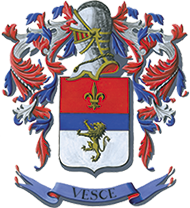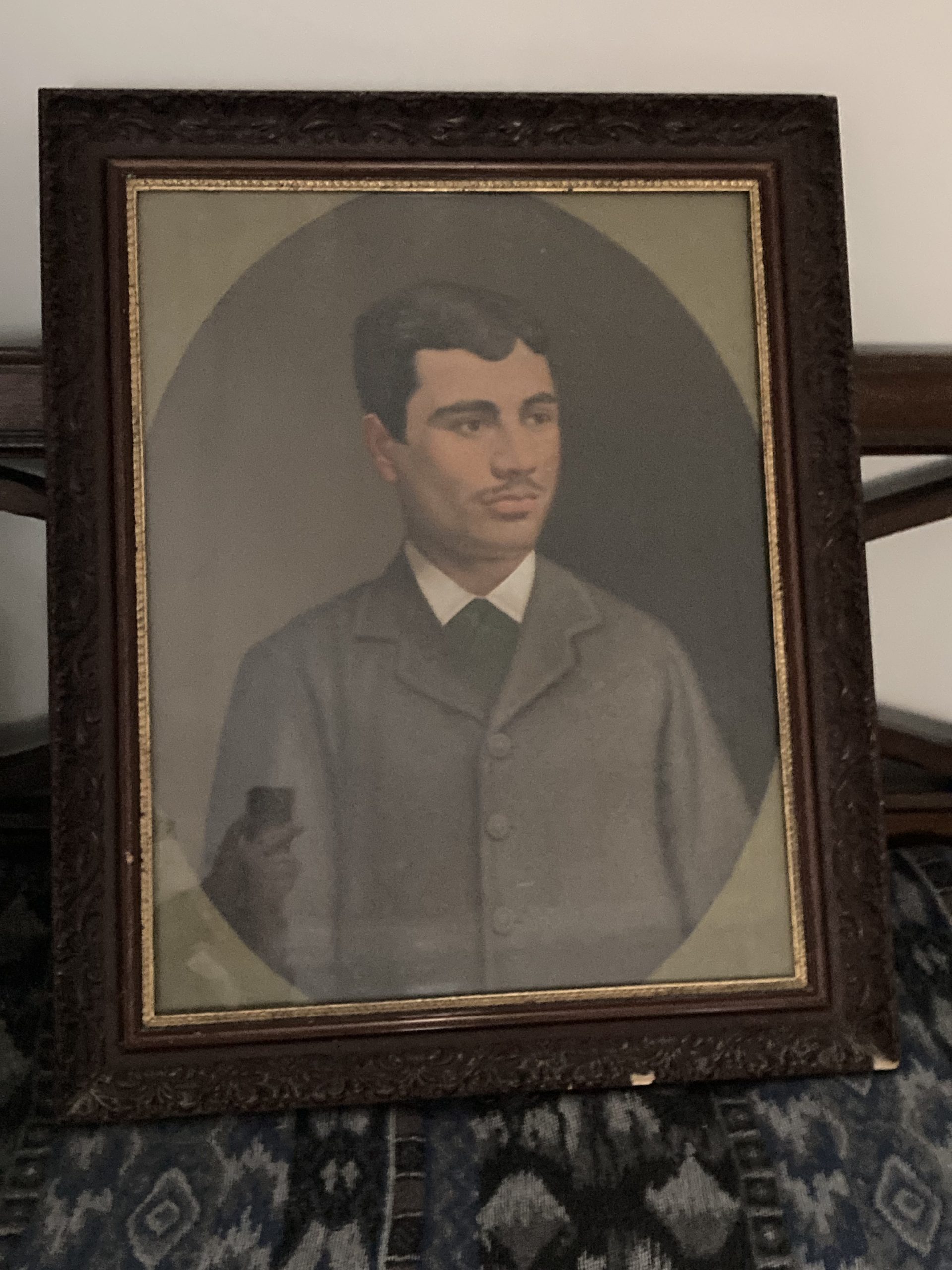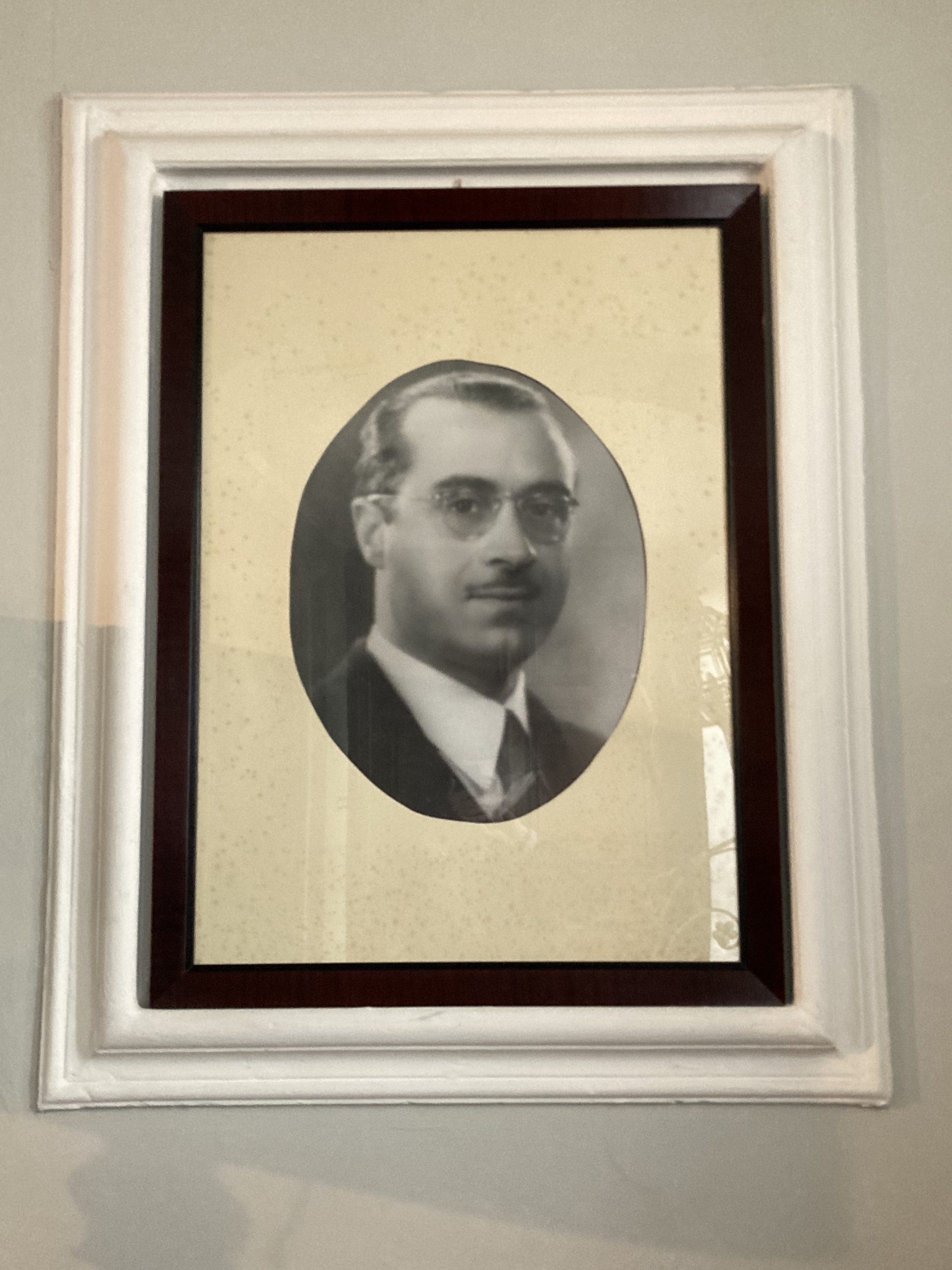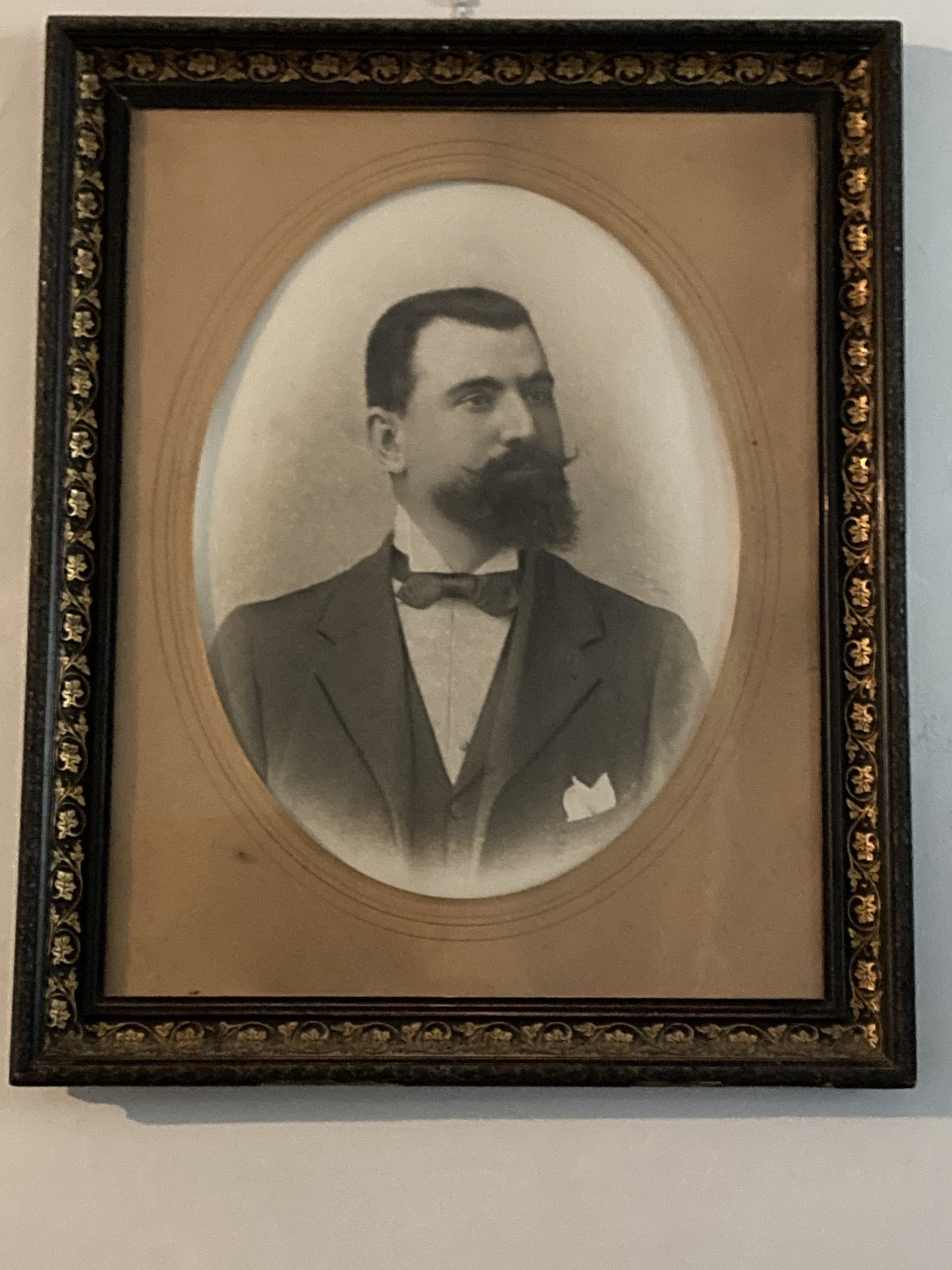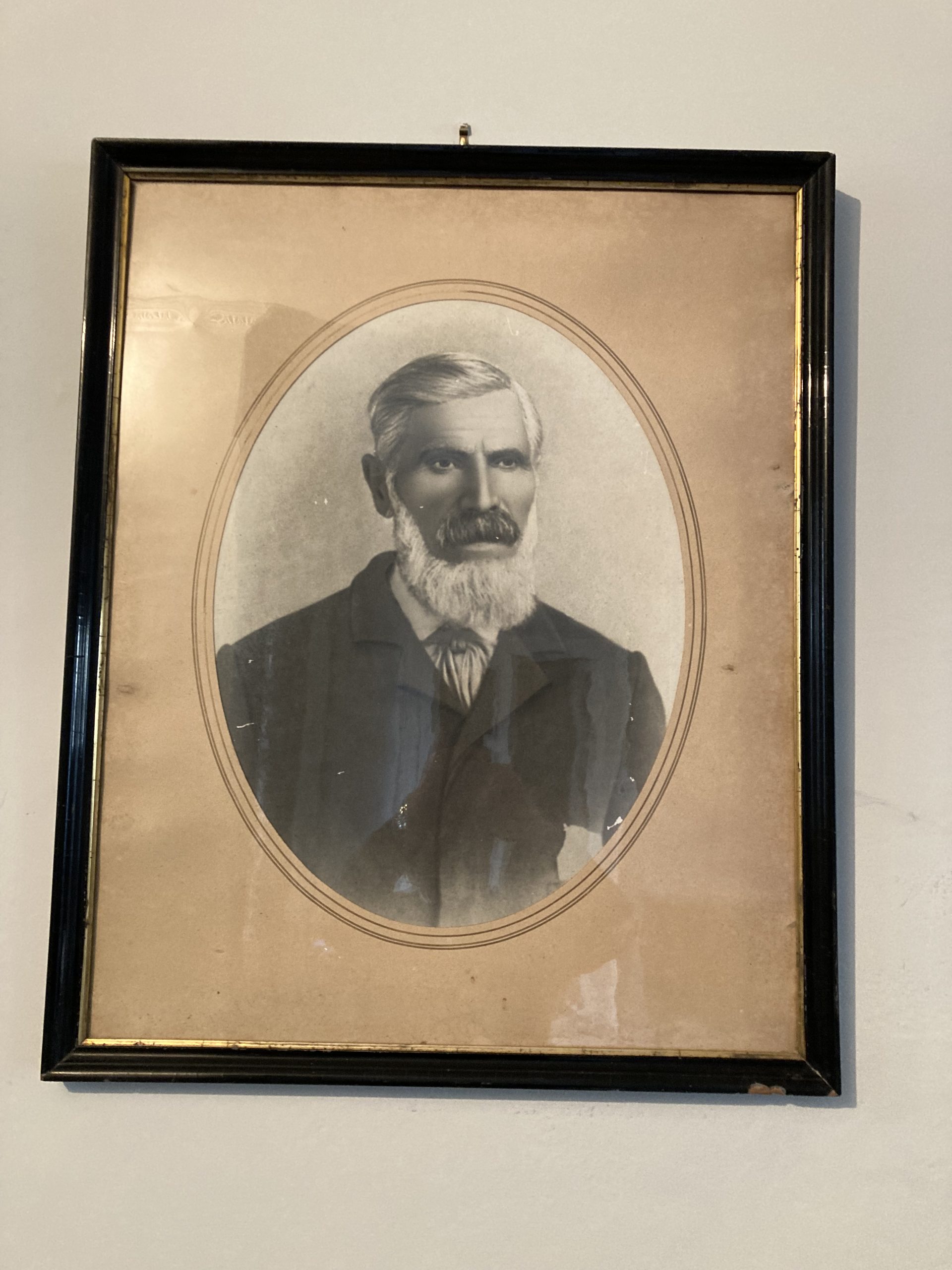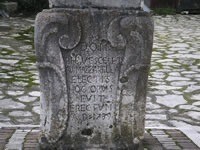Since the eighteenth century, the Vesce family has been settled in today's Municipality of Pietradefusi, in the heart of the Agro Taurasino..

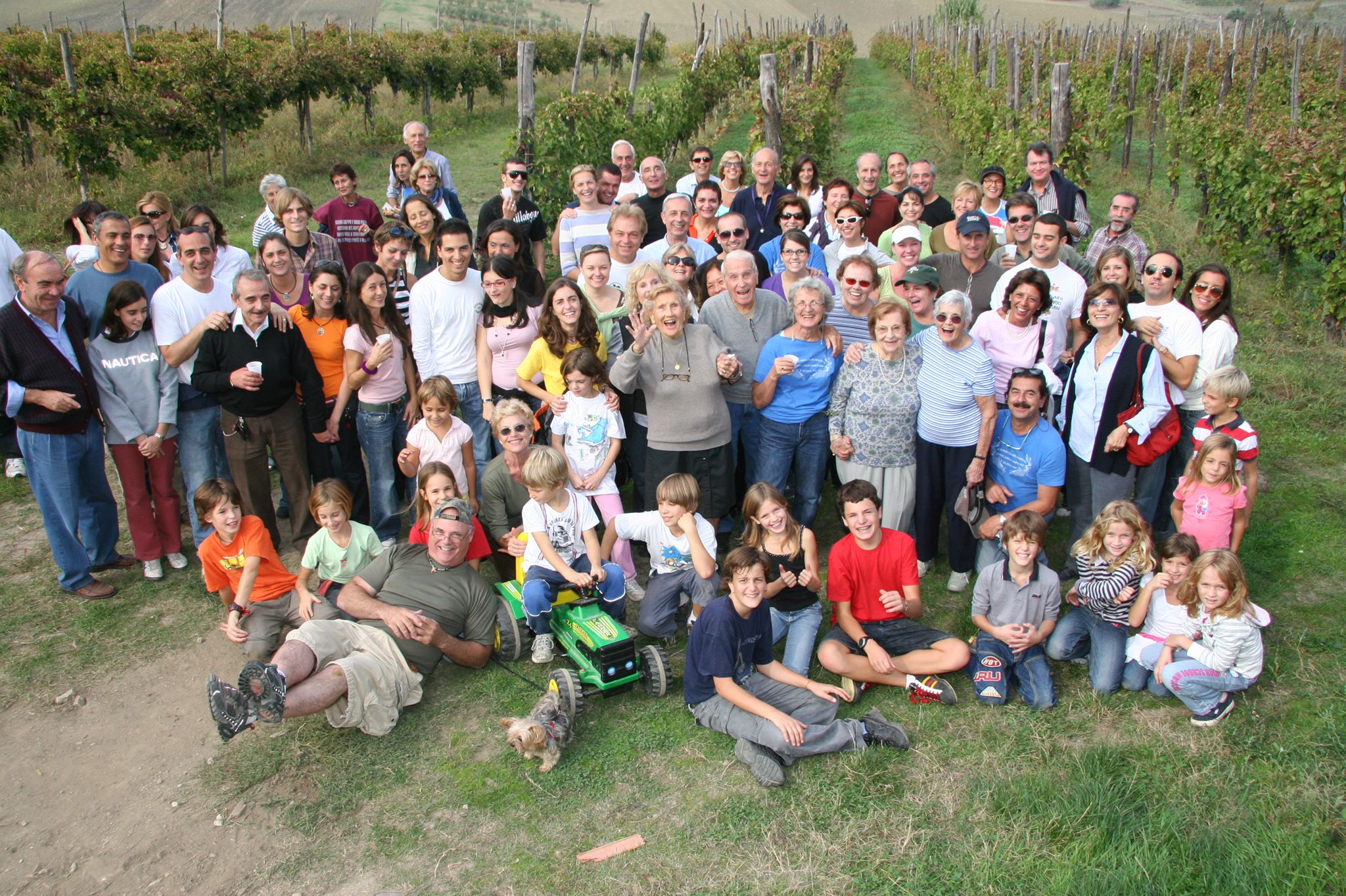
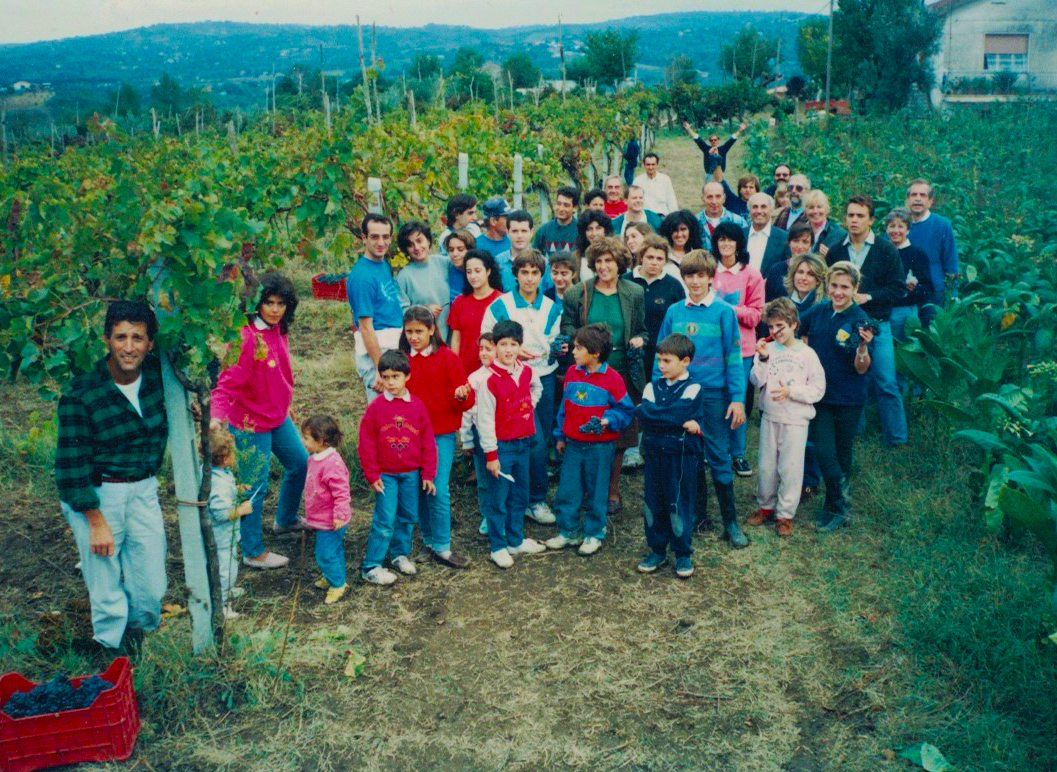
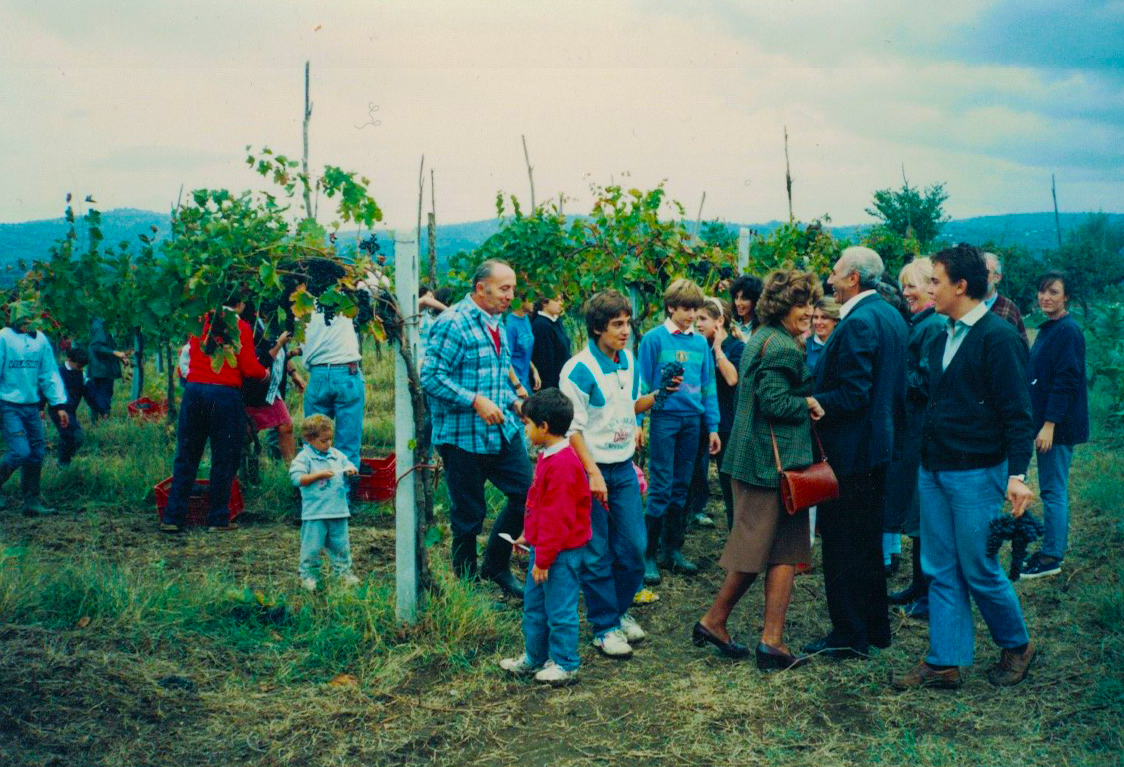
VESCE FAMILY
Since the eighteenth century, the Vesce family has been settled in today’s Municipality of Pietradefusi, in the heart of the Agro Taurasino.
The Medical arts have been the professional work and social mission of the family for many generations. Giuseppe Vesce, who in 1754 was 21 years old and lived in the square of S. Elena Irpino, then called Piscero, was one of the three surgeons of the Universitas of Pietra delli fusi: not “Doctor Physicist” (or Physicist Philosopher), but Cerusico. In fact, at that time surgery was left to practitioners (sawbones), and distinct from the clinical profession, which was limited to diseases’ diagnosis and medical therapy. His art was handed down and, towards the middle of the 1800s, practiced together with dental extractions, in the same house in the village square, by his nephew, Carmine Antonio (1829-1914), a textile merchant. His son Fortunato (1868-1957), graduated in medicine and surgery in 1893 at the University of Naples and participated in the First World War as a medical captain stationed at the military hospital n. 108 of Savigliano (CN). After the war, Fortunato Vesce held the position of Consortium Health Officer of the Municipality of Pietradefusi, whose medical practice extended as far as the bridge on the Calore river and included many hamlets and villages, some of which could only be reached on horseback.
At the turn of the twentieth century, the family of Don Fortunato Vesce, with the founding contribution of his wife Euresta Mazzarella, culturally and morally assisted the population of Pietradefusi, supporting the needy families. Their only son, Carmine Antonio (1907-1982), after graduating in medicine at the University of Naples, devoted himself to clinical research and became lecturer in Occupational Medicine (1939) under the guidance of Professor Nicolò Castellino who held the first Italian university-chair of this new discipline. During the Second World War, he too was a medical officer stationed in Greece.
Of Professor Carmine Antonio’s five children, his three sons are doctors: Fortunato, who specialized in obstetrics and gynecology, is a former professor of Obstetric Pathology at the University of Ferrara, is also a published author, and still teaches gynecology with unchanged commitment; Federico, specialized in dentistry, thus tracing the centuries-old medical art of the ancestors; Giovanni Carlo is a veterinarian, anesthesiologist, former Professor of Veterinary Surgery at the Federico II University of Naples, has also inherited the Vesce family’s wine vocation.
In addition to the health professions, the family also drew income from the centuries-old, landed property between the provinces of Avellino and Benevento.
The assets with a viticultural vocation inherited by Giovanni Carlo are located at “Case Arse” and at “Cuorno”, two districts of the current municipality of Venticano, which until 1948 was a village of the Municipality of Pietradefusi. In addition to the vineyards, Giovanni Carlo inherited a passion for medical science and research, partly from his father, Professor Carmine Antonio, partly from his maternal family, that of Maria Iannotti, of Salerno origin, who had already settled in New York at the end of the 19th century. In fact, her father Osvaldo, a pharmacist in Astoria, after the First World War moved his family to Italy, so that Maria and her three Germans could acquire an Italian education and culture. Of these, his two sons, Nicola and Guglielmo, graduated in medicine at the University of Naples, while the younger sister Olga married Piero De Luise, an MD, originally from the island of Ischia, who became a pioneer of modern anesthesiology in New York City.
A passion for surgery and anesthesia captured Giovanni Carlo, awarding him in 1978 among the first residencies in the United States in Veterinary Anesthesiology at the School of Veterinary Medicine and Surgery at the prestigious University of Pennsylvania in Philadelphia.
Mentored by the famous professors of the Penn Veterinary School, Giovanni Carlo embraced the research and teaching of a modern and revolutionary veterinary clinical discipline, later becoming full professor of this fascinating medical art, frontier of knowledge on the state of consciousness of humans and animals. For over 50 years, Giovanni Carlo mastered surgical disciplines of scores of veterinary students at the University of Naples and mentored several anesthesiologists who are today established and recognized in Italy and abroad.
